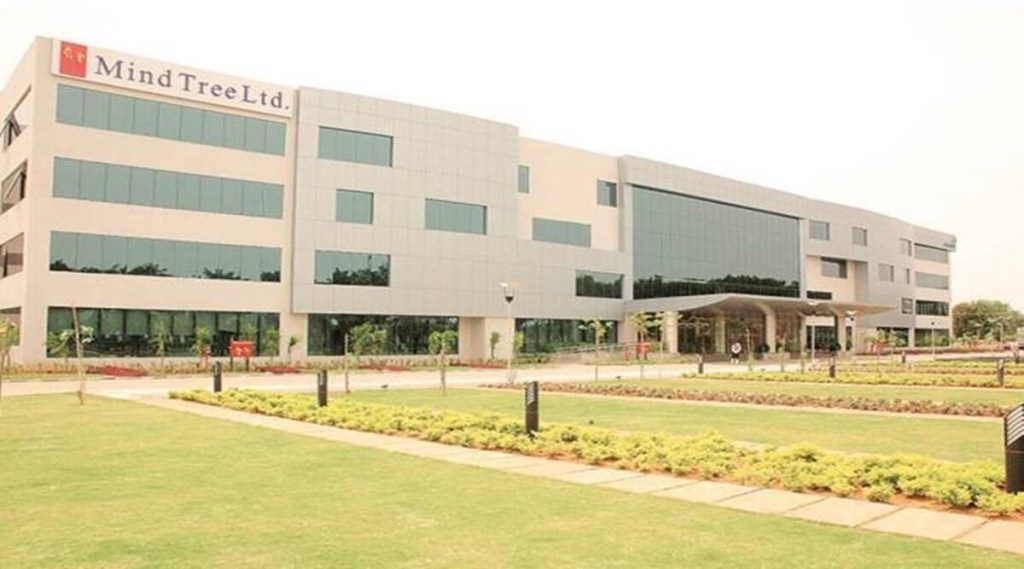Amid rapid business and technology shifts, Mindtree, a subsidiary of Larsen & Toubro (L&T), posted its highest total contract value of $570 million in the first quarter ended June 30. The firm’s attrition during the quarter rose to 24.5% on the last-12-month basis, compared with 23.8% posted in the previous quarter. The IT firm’s initiatives to contain talent erosion are yielding results. In an interview to FE’s Rajesh Kurup, its executive director & president (global markets) Venu Lambu says that the firm is planning to onboard 5,000-6,000 freshers in FY23. Edited excerpts:
The prospects of a global recession are looming large. Is the IT sector also bracing up?
We see no indications so far of any significant change in client behaviour; we are closely watching the macroeconomic situation. Digital transformation isn’t necessarily constrained by market cycles. They may slow the pace of decision-making in certain sectors, but are unlikely to altogether reverse or restrict business-critical technology modernisation. That is because organisations across sectors are today convinced of the role that digital transformation plays in creating long-term market relevance and competitive differentiation.
Attrition in the sector has been on a rise for the past one year.
Attrition is an industry-wide issue. Prior to the pandemic, hiring, compensation and career growth more or less followed a standard trajectory. The pandemic and its accompanying considerations fuelled the great resignations and reshuffles. Within our sector, accelerated digital transformation has led to higher demand for talent and workforce moving across employers to capitalise on the market situation. The key driver for this has been compensation instead of longer-term considerations, such as organisational culture and growth opportunities. We don’t expect this trend to sustain.
On the measures you are taking to contain attrition?
We have been working for the past few quarters to sharpen our employee value proposition through more creative, agile and personalised approaches for employee care & development. We are pleased with the early results of the scheme aimed at identifying and grooming critical talent. It is key to our ‘one-size-fits-one’ employee engagement and career enablement strategy, which consists of policies and processes customised to specific talent communities, and includes monetary and non-monetary elements, such as role rotations, upskilling and workplace flexibility. These are facilitated through a number of initiatives such as an intelligent staffing application for efficient internal job search and fulfillment, and opportunities through Mindtree Minds to acquire skills and certifications aligned with organisational needs and individual aspirations.
On your hiring plans for FY23?
We plan to onboard about 5,000-6,000 campus hires in FY23, which would be our highest-ever hiring from campuses.
To build additional supplies of in-demand technology skills, we had launched a learn-and-earn programme — Mindtree EDGE — a few quarters ago in collaboration with BITS Pilani. Under this work-integrated programme, we hire BSc and BCA graduates and provide them fully-funded opportunities to pursue an MTech degree in Software Engineering from BITS Pilani, while working on client projects at Mindtree. Our returnship programme to enable technology professionals restart careers after a break is also being scaled up.
How does the deal pipeline look?
Our deal pipeline continues to have a healthy mix of annuity and transformational deals across sectors. Transformation deals are coming with a long tail of growth and evolving into larger, strategic engagements for us. In many cases, we are able to capture the support opportunities that follow the transformation.
On the LTI-Mindtree merger?
The stock exchanges have already provided their observation letters and no-objections, and the merger is now awaiting other regulatory approvals. A steering committee has been set up to oversee it.

